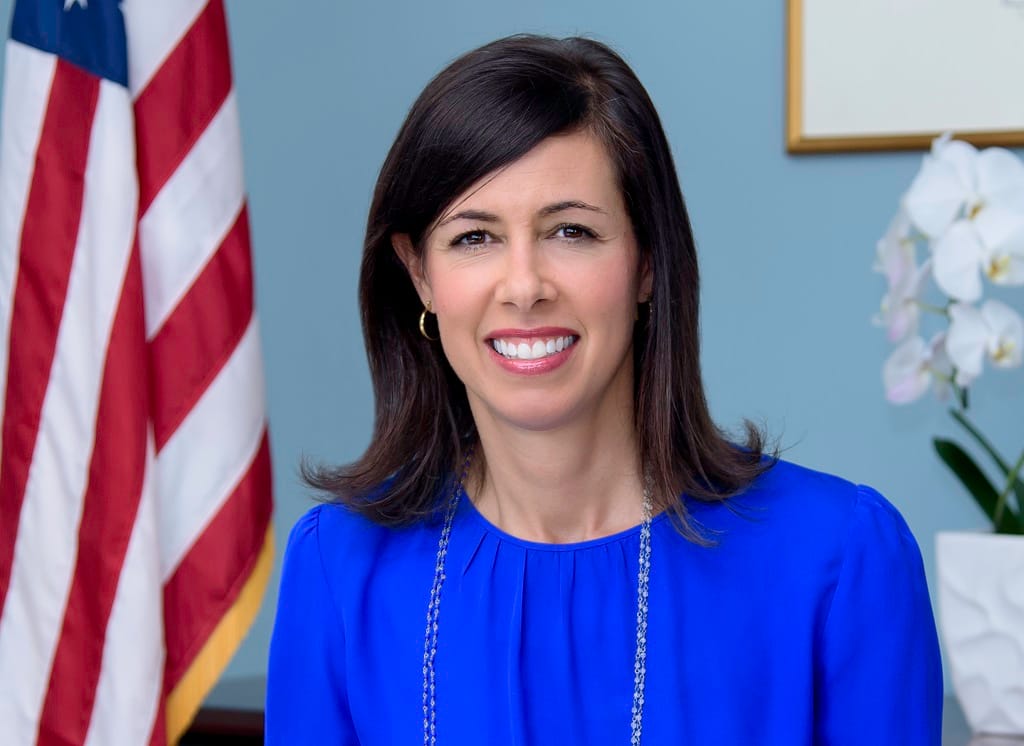FCC Chairwoman Jessica Rosenworcel Unveils Proposed Rules for Emergency Connectivity Fund
Acting FCC Chairwoman Jessica Rosenworcel on Friday released rules for the Emergency Connectivity Fund, answering many questions about the program.
Benjamin Kahn

April 30, 2021—Acting Federal Communications Commission Chairwoman Jessica Rosenworcel on Friday laid out the proposed rules for the Emergency Connectivity Fund, answering many of the questions consumers have had since the program was announced.
If the regulations are adopted by the FCC and their meeting in May, the fund would provide $7.17 billion to reimburse schools and libraries for infrastructure and devices purchased during the COVID-19 pandemic in order to promote distance learning. Everything from laptops and tablets to Wi-Fi hotspots would qualify for reimbursements.
The fund was designed to address Rosenworcel’s longtime goal of closing the “homework gap”—a term she coined in 2015.
“During the pandemic, our classrooms went virtual and what was already an unconscionable homework gap has become a learning chasm with even more devastating consequences,” Rosenworcel said in a press release from the FCC.
She pointed out that even as some areas were able to address the needs of students, others began to fall behind as the pandemic dragged on, “Even as the pandemic ebbs in some areas and surges in others, millions of students are still engaged in remote learning, and there is no time to lose.
The Emergency Connectivity Fund is one of two programs designed to address the problems exacerbated by the pandemic that the FCC planned to roll out within the past several months. The other program is the Emergency Broadband Benefit that was designed to help secure high-speed, affordable, broadband to families.
Both of these programs will be featured in the Broadband Breakfast Live Online event on Wednesday, May 5, 2021, 12 Noon ET — “Ask Us About the Emergency Broadband Benefit and Emergency Connectivity Fund.”
The Emergency Broadband Benefit program will subsidize broadband plans from qualified internet service providers, providing $50 a month for households in need, and $75 for households on Tribal lands.
Rosenworcel emphasized that the FCC has to get the fund established quickly so it can begin to relieve the financial pressure that many school districts are feeling, “Congress has entrusted the Commission with the vital task of providing relief to our students, teachers, school staff, and library patrons – and has mandated that we do so quickly.”









Member discussion